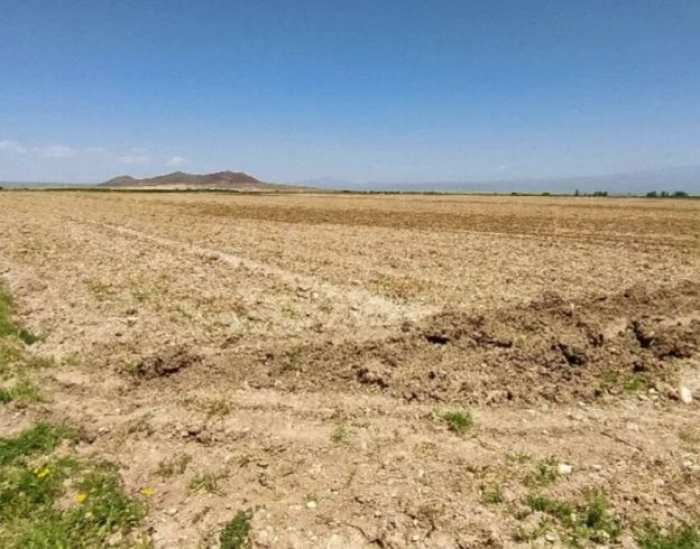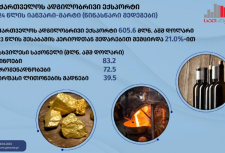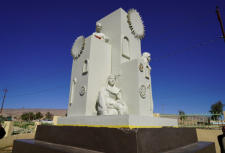Syria: Yezidi farmers and drought in the region

For the second year in a row, Yazidi farmers complain about the drought in Hasakeh province, and this year they failed to harvest enough even to provide their families with bread.
Syria is among the countries most vulnerable and ill-prepared for climate change, which is projected to worsen, posing a further threat to wheat harvests, which is an important source of income for the war-affected Yezidi population.
This trend is most evident in the once fertile lands of Yazidi farmers, where wheat fields are drying up to a crisp due to severe drought and low rainfall, which Iraq and other neighboring countries also face.
In addition to arable land, the lands where cattle graze are drying up, there has been no rain in the mountains for a long time and the climate is radically changing in the region.
It's getting hotter and hotter
According to a report published in April by IMMAP, a Washington-based nonprofit organization, northeast Syria is about 0.8 degrees Celsius hotter today than 100 years ago, while the average rainfall over the same period has decreased by about 18 millimeters (0.7 inches) per month. Temperatures are expected to be at least two degrees Celsius (3.6 degrees Fahrenheit) higher by 2050, and precipitation will decrease by 11 percent, IMMAP reports.
The Food and Agriculture Organization of the United Nations said that 210,000 tons of wheat grain produced in Hasakeh province during the 2020-2021 winter crop season was only 26 percent of the previous year's level.
According to the UN, the low harvest has led to an estimated 60 percent of Syria's population being food insecure, prompting local farmers to turn their wheat plots into pastures.
Climate change has affected Yazidi farmers, water shortages, low production, less precipitation and weather changes are creating serious problems. Farmers are completely dependent on seasonal harvests, but the season this year is very weak.
Mlêtê Êzidî
Tags: #yazidisinfo #newsyazidis #aboutyazidis
Syria: Yezidi farmers and drought in the region

For the second year in a row, Yazidi farmers complain about the drought in Hasakeh province, and this year they failed to harvest enough even to provide their families with bread.
Syria is among the countries most vulnerable and ill-prepared for climate change, which is projected to worsen, posing a further threat to wheat harvests, which is an important source of income for the war-affected Yezidi population.
This trend is most evident in the once fertile lands of Yazidi farmers, where wheat fields are drying up to a crisp due to severe drought and low rainfall, which Iraq and other neighboring countries also face.
In addition to arable land, the lands where cattle graze are drying up, there has been no rain in the mountains for a long time and the climate is radically changing in the region.
It's getting hotter and hotter
According to a report published in April by IMMAP, a Washington-based nonprofit organization, northeast Syria is about 0.8 degrees Celsius hotter today than 100 years ago, while the average rainfall over the same period has decreased by about 18 millimeters (0.7 inches) per month. Temperatures are expected to be at least two degrees Celsius (3.6 degrees Fahrenheit) higher by 2050, and precipitation will decrease by 11 percent, IMMAP reports.
The Food and Agriculture Organization of the United Nations said that 210,000 tons of wheat grain produced in Hasakeh province during the 2020-2021 winter crop season was only 26 percent of the previous year's level.
According to the UN, the low harvest has led to an estimated 60 percent of Syria's population being food insecure, prompting local farmers to turn their wheat plots into pastures.
Climate change has affected Yazidi farmers, water shortages, low production, less precipitation and weather changes are creating serious problems. Farmers are completely dependent on seasonal harvests, but the season this year is very weak.
Mlêtê Êzidî
Tags: #yazidisinfo #newsyazidis #aboutyazidis

























